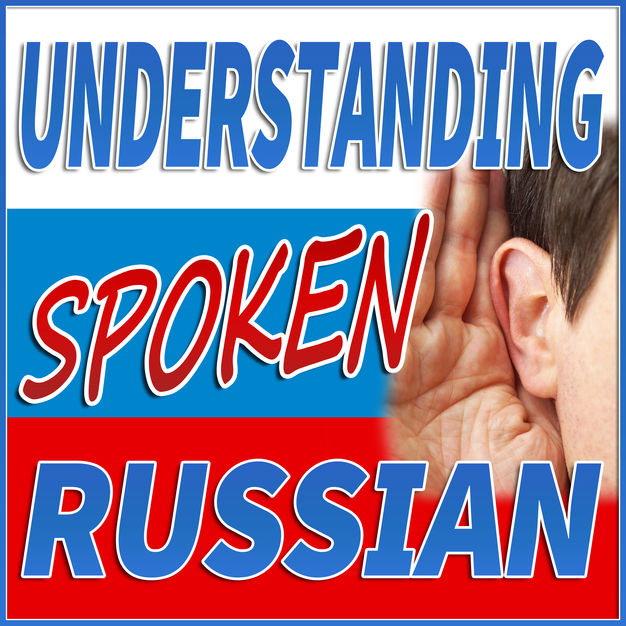
Understanding Spoken Russian
Understanding Spoken Russian
Learn Russian and improve Russian language listening skills with specific strategies that will improve your understanding of spoken Russian. Russian language teaching expert Mark Thomson has taught thousands of people to speak and understand Russian with his various online Russian courses and programs. Mark has created this podcast so you can improve your Russian language listening skills. Podcast notes, additional exercise audios, and videos for learning Russian can be found at the home of the Understanding Spoken Russian Podcast: UnderstandingSpokenRussian.com
- More Episodes? Get the App
Your feedback is valuable to us. Should you encounter any bugs, glitches, lack of functionality or other problems, please email us on [email protected] or join Moon.FM Telegram Group where you can talk directly to the dev team who are happy to answer any queries.